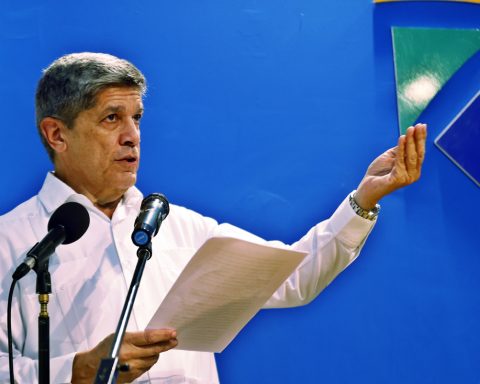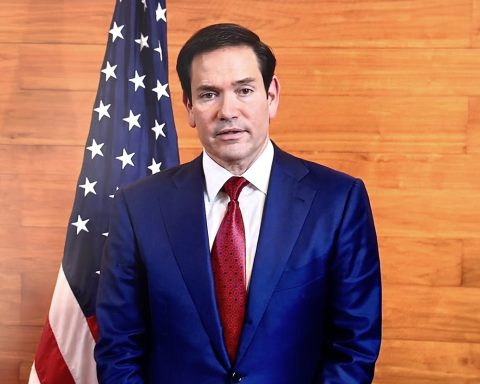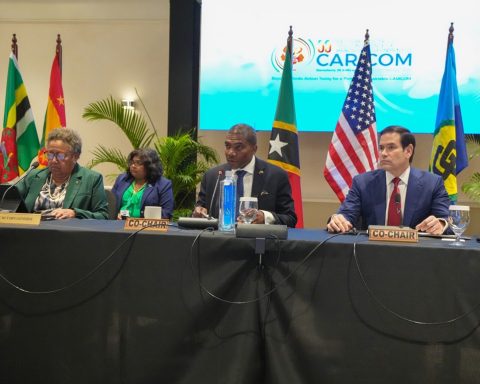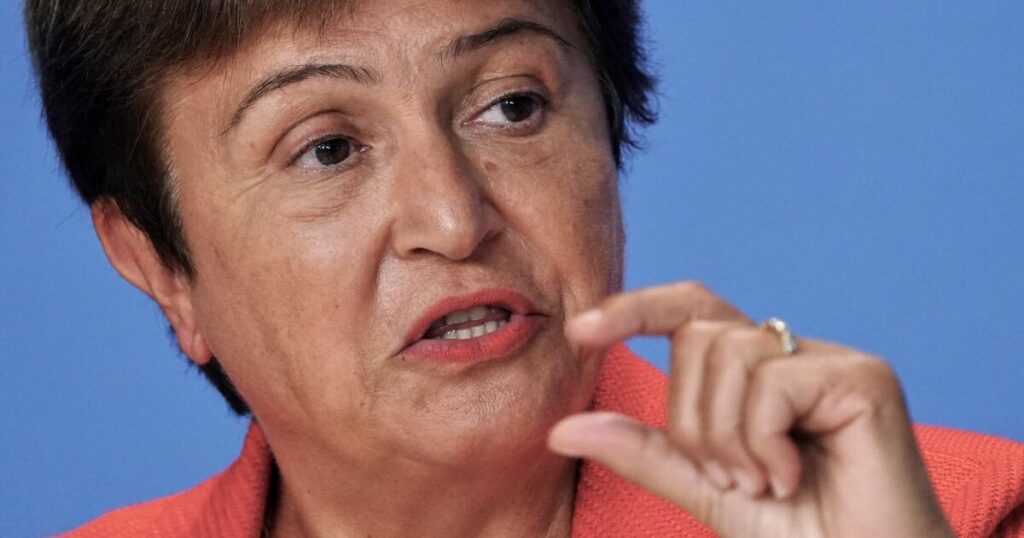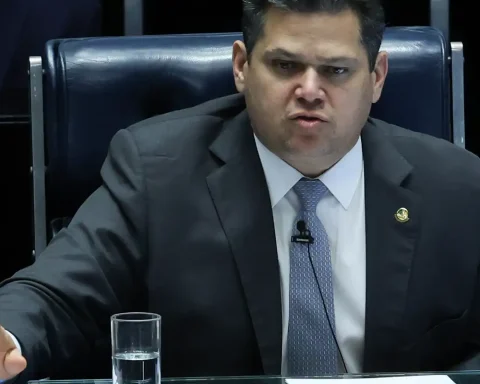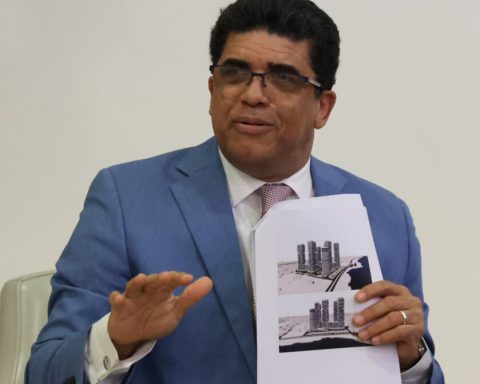On Tuesday evening, as soon as he finished talking with Mexican President Andrés Manuel López Obrador, and without even organizing an official dinner at the White House, President Joe Biden boarded Air Force One and headed for Israel, where he will remain three days and then continue to Saudi Arabia.
According to several administration officials, who have taken turns in recent days in talks background With various media outlets, the president is convinced that he has a monumental task: to reassure concerned authorities in Israel and Saudi Arabia that he is committed to preventing Iran from becoming a nuclear power.
The issue is that in Israel the authorities believe that the rapid progress of the Iranian nuclear program was at the forefront of the issues to be discussed with the US president. When he took office, Biden made it one of his priorities to revive the Iranian nuclear deal negotiated by Barack Obama in 2015.
But indirect talks to bring the United States back to the deal have stalled, and Iran has made rapid progress on its nuclear program. That has increased pessimism in the Biden administration about the chances of reviving the agreement, which imposed considerable restrictions on the Iranian nuclear program in exchange for relief from US sanctions, imposed by the predecessor Donald Trump and which were never barred by the current leader.
Shortly after his arrival in Israel Wednesday morning, Biden was expected to be briefed on the country’s new “Iron Dome” anti-missile system and visit Yad Vashem, the memorial to Holocaust victims.
In addition to meeting with Israeli and Palestinian officials, he was scheduled to receive the Presidential Medal of Honor and visit American athletes involved in the Maccabee Games, in which thousands of Jews and Israelis from around the world participate.
However, in a column published Saturday in the Washington PostBiden criticized Trump for abandoning the nuclear deal that had also been signed by Britain, France, Germany, Russia, China and the European Union. But the president also suggested that he harbored at least a glimmer of hope that the Iranians would return to abide by the terms of the pact.
“My administration will continue to increase diplomatic and economic pressure until Iran is willing to return to compliance with the 2015 nuclear deal, as I remain willing to do,” he wrote.
Israeli officials who spoke to the press before Biden left Washington said the United States and Israel would issue the “Jerusalem Declaration,” a document that would show a firm position on the Iranian nuclear program.
The declaration commits the two countries to use “all elements of their national power against the Iranian nuclear threat,” according to an Israeli official who spoke on condition of anonymity to comment on the text ahead of time.
The Israelis, the official said, will impress on Biden their position that Iran has calculated that “time is on its side” and is reluctant to make concessions. The Biden administration’s latest round of indirect talks with Iran, held late last month in Doha, Qatar, ended without progress.
Separately, Biden and new Israeli Prime Minister Yair Lapid issued a joint statement on Wednesday announcing that the two countries would launch a new high-level strategic dialogue on technology. The talks would focus on the use of emerging technologies such as artificial intelligence to tackle global challenges such as the COVID-19 pandemic and climate change.

